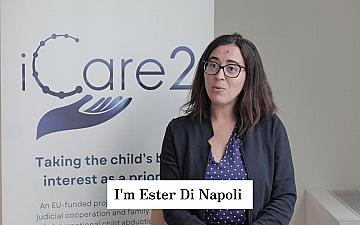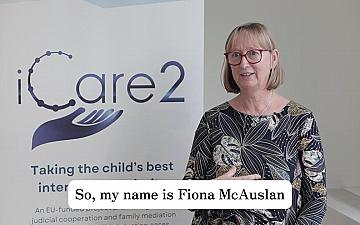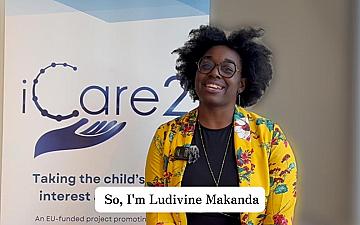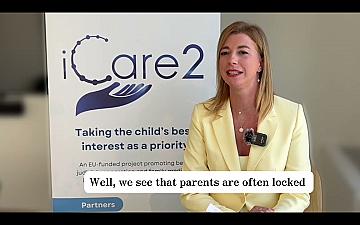The term climate disinformation is most likely to be linked with something that has to do with claims that there is no such thing as climate change or that our actions do not have an effect on it. Actually, this is only a small part of what this term actually covers. This article will look into some of the main ways of how disinformation can affect the society’s perception of climate changes and its seriousness.
The definition of climate disinformation includes among other things the undermining of climate changes, the significance of the people’s actions in this regard, the misinterpretation of scientific data, the untruthful claims of certain initiatives for false beneficial that in fact more harm the climate than help with its issues. All these things can affect the people’s point of view on the world climate situation as there are many sources providing modified data that usually serves only to their benefit. Statistics show that the Millennials and Gen Z are the generations that most strongly support the claim that climate change measures should be one of the top political priorities. Therefore, it is natural to suppose that they will be the one reading most news on the topic and therefore are most likely to come across untruthful information.
With time the nature of the fake news related to climate has changed. The number of people who claim that global warming does not exist might have decreased, however, many have started undermining the seriousness of the problem by doubting scientifically proven data. It has been proven that people who are exposed to these types of claims are less likely to be supportable of potential policies that aim to fight climate problems. Since the scientific research has shown to be almost undoubtful in regard to the existence of climate changes, this approach takes a different direction by not rejecting the research entirely, but instead it only doubts its seriousness. In the context of political changes, there are many areas that need improvement. Therefore, by undermining the seriousness of the climate change problems, it is only naturally for people to swift their opinions on what aspects need more urgent actions by the governments. In the European Election in 2019, it was noted that 37.9% of the voters were over the age of 60, while only 14% were under 30. As mentioned above, the Millennials and Gen Z generations are the most likely to support climate change policies when voting, therefore, it is very important for these young people to be adequately informed of the actual situation when it comes to climate data and scientific conclusions.
It should not be neglected the fact that the energy sector is one of the most profitable ones on the planet. Billions are being made from extracting fossil fuels. However, they are also the main source of carbon dioxide which itself is one of the major reasons for climate change. Therefore, it is in the companies’ interest to prevent the public from being thoroughly aware of the effect of their business. The term “greenwashing” is being used in similar circumstances. It describes companies that market themselves as being environmentally aware, while at the same time are putting efforts into hindering new policy changes that will in fact limit their effect on the environment as well as their profits. Therefore, it is important to note when reading information on the climate topic, who has released it. Society needs to be considerate that in cases where the source of information may benefit from data described in the respective informative piece, there might be a risk for it to not be entirely truthful. In such cases, it is usually best to refer to objective scientific confirmations on the topic that have proven reliable and could validate the data.
Apart from the business aspects, climate and environmental disinformation also plays a significant role in the context of wars. World history holds more than a couple of occasions where major attacks were made on humans by affecting the environment around them. In many of these cases, the severity of the situation has been hidden from society. It is also important to consider that such climate and environmental damage is usually based on some political purpose as well. Especially in countries whose economies considerably rely on beneficial natural circumstances (e.g. oil, gold mines, farmlands), it is obvious that such an attack will not only significantly harm the health of the citizens but also the country's financial incomes. Therefore, it such situations it is good to know that such war actions usually target more than the news that are released describe.
A significant number of educational institutions are thinking about incorporating literacy training into their programmes in order to support young people with their critical thinking, independent verification and fact checking skills. These abilities have proven to be important in the context of climate disinformation as well. Young people and society as a whole need to be able to independently access the truthfulness of climate change data and conclusions made. Since this type of information is released from a number of different sources (e.g. scientific institutions, private companies, governments, social media, news), the best approach for people is to search for a source that have proven its objectivity and could confirm a certain conclusion by scientific methods and the lack of personal profitability of the made claims.









